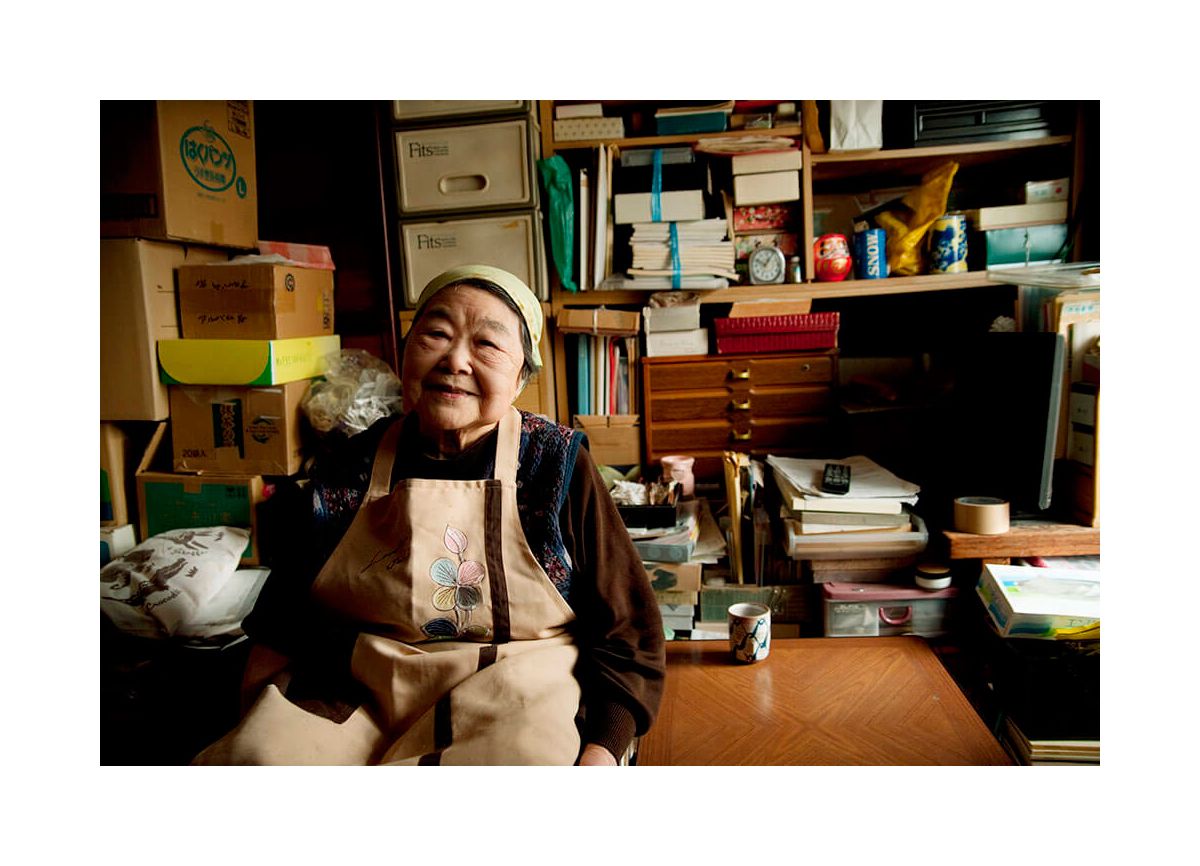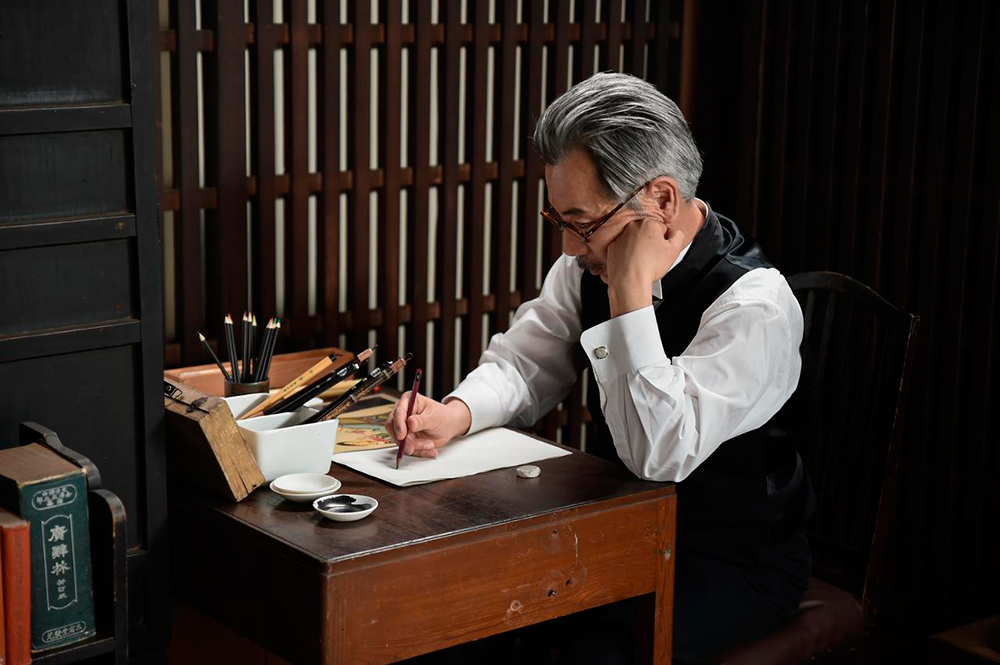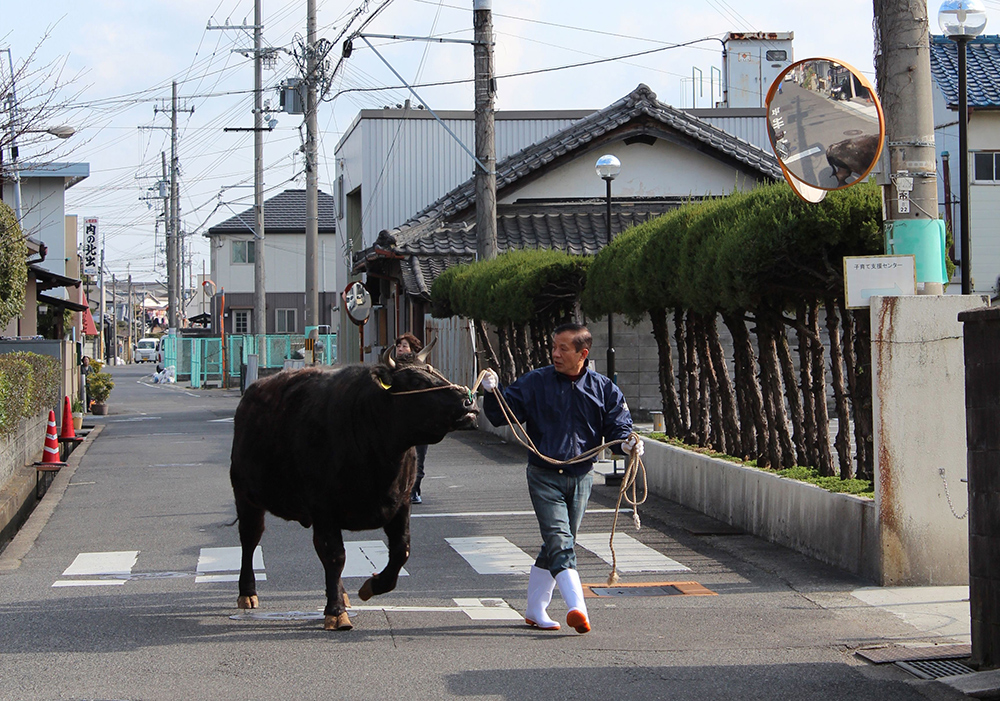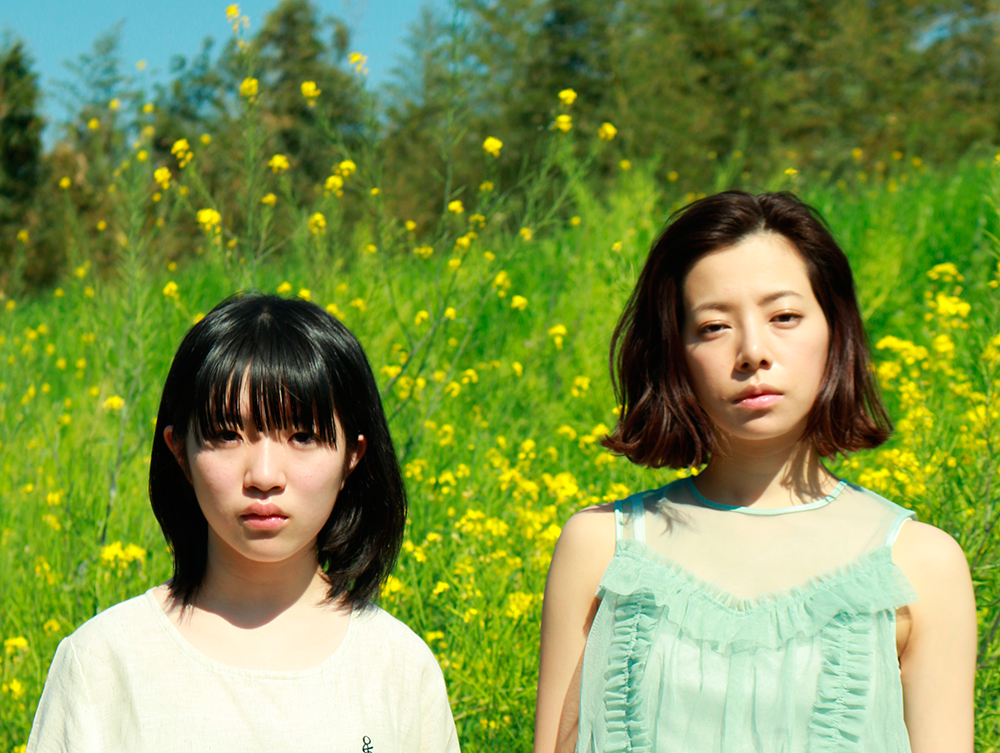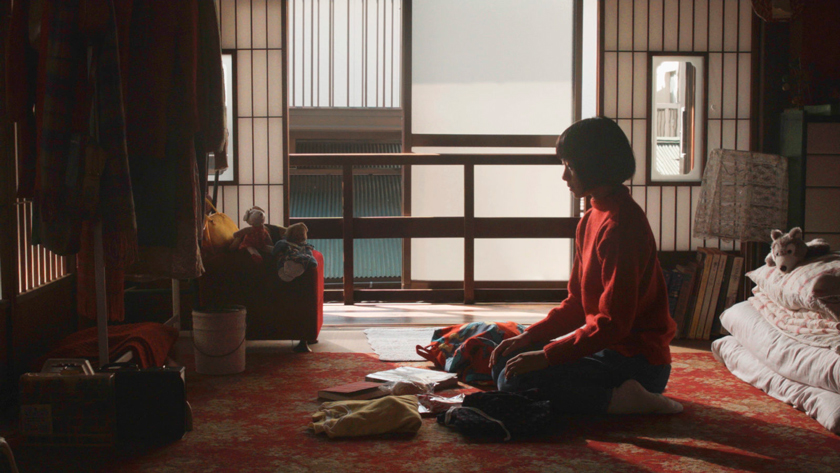Danchi Woman
For the past 3 decades 85-year-old Uchikoshi Shizu has been living in the 50-year-old Seaside Road “Danchi” – the Japanese word for public housing – and filling it with a lifetime of souvenirs that have always kept her company. Due to the scheduled demolition of the complex to rebuild them as newer danchi, Uchikoshi and the women in the apartment are faced with problems of relocation and rent. Uchikoshi and her neighbors must say goodbye to their homes, and move into smaller apartments that cannot hold all of Uchikoshi’s momentos. This intimate documentary captures Uchikoshi’s sense of humor and profound nostalgia, as she sorts through relics of her past, choosing which memories she must fit into her new home, and which ones she can let go of. Director Sugimoto Akiko had covered this very same public housing complex in her independent film Seaside Road Danchi Story. Her camera turns its attention on the apartments’ residents as they move out and continue their lives in their new homes. Japan’s aging population has created a number of challenging …

